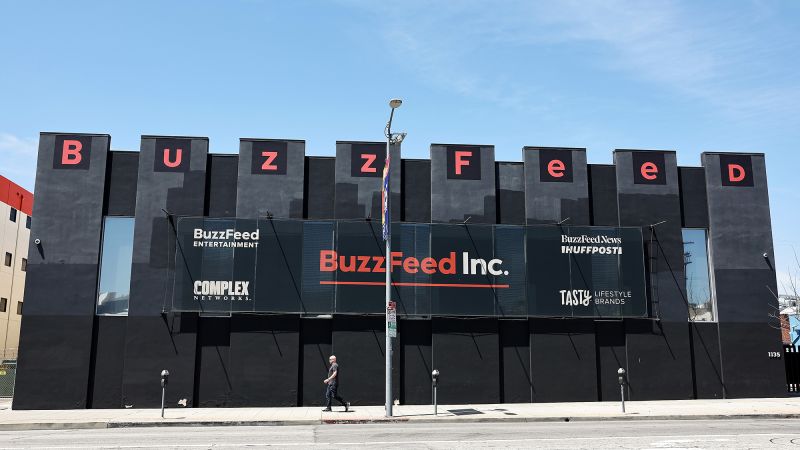
Vice Media Group is making drastic changes in the face of financial difficulties. The company has determined it's no longer cost-effective to distribute its digital content on its own and will look to partner with established media companies to distribute their digital content, including news. Hundreds of staffers are left wondering about their fate after mass layoffs were announced.


